Menu
The Serengeti is one of the most stunning wildlife sanctuaries on the planet. The name comes from the Maasai ‘siringet’ referring to endless plains.
This vast savannah hosts the world’s largest surviving concentration of plains game (over 35 species). In addition to the short grass plains there are beautiful rocky out-cropping called kopjes (pronounced copies) and thousands of acres of bush and acacia woodland.
The Seronera area has permanent water and therefore is an excellent area to spot the big cats and elephant. It’s been reported that there is a higher concentration of lions in Seronera in the dry season than in any other place in Africa.
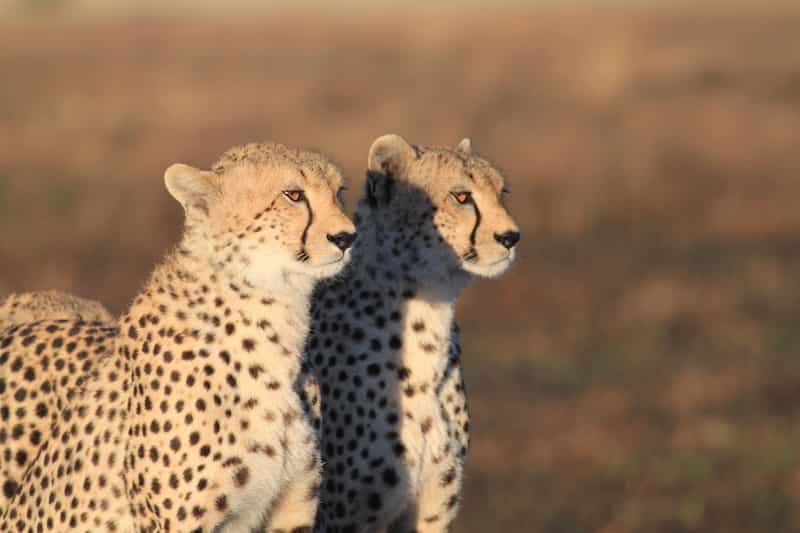
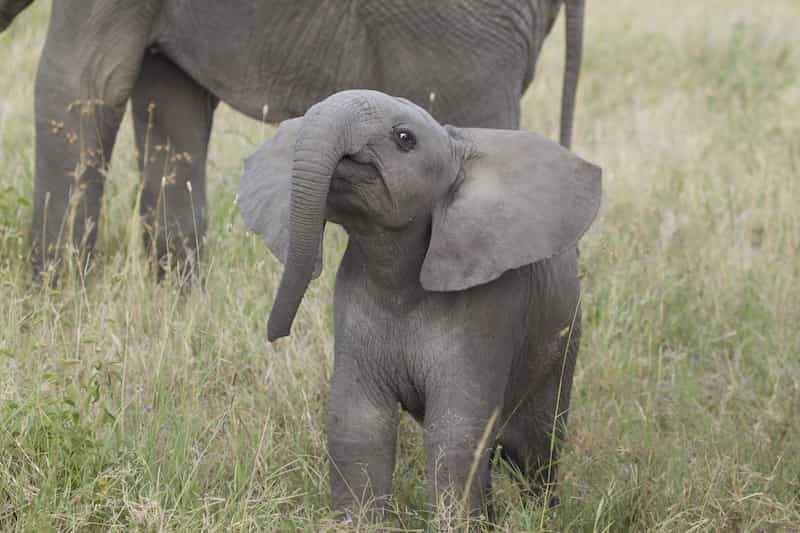
The Ngorongoro Conservation Area, a World Heritage Site and Biosphere Reserve, was established in 1959 as a multiple land use area; designated to promote the conservation of natural resources, safeguard the interests of indigenous residents and promote tourism.
Man and his ancestors have lived in the Ngorongoro eco-system for more than three million years. The main features of the Ngorongoro Conservation Area include the Ngorongoro Crater, The Serengeti Plains (short grass plains) that support migratory wildlife counted in the millions and the the Northern Highland Forest Reserve.
This area is popular for those seeking to really get off the beaten track and experience the real African wilderness. Temperatures often reach 41C (106 F) and the wildly beautiful parched landscape offers the intrepid traveler and avid birder a worthy destination.
Ol Donya Lengai, the only active carbonatite volcano in the world, is the eastern-most volcano in the range of mountains (all extinct volcanoes) located in the Ngorongoro Conservation Area and Tanzania’s only active volcano. Although the most recent significant eruptions occurred over a one-year period from July 2007 to August 2008, plumes of steam and ash constantly vent from the crater.


Tarangire is well known for its elephants (the largest population on the northern circuit) and in the dry season is home to huge herds of buffalo and significant numbers of zebra and wildebeest.
There are long vistas and a baobab studded landscape, which makes for a very different environment to the other parks.
The Tarangire River is the only water source during the long dry season and wildlife concentrates along the banks providing a good opportunity for the predators. Leopard sightings are often good in this park and it’s also possible to see kudu and oryx, which are rarely seen elsewhere, especially in the dry season.
Arusha National Park is home to Tanzania’s “other mountain”, Mt Meru, a volcanic peak reaching 4,566 metres and Africa’s fifth highest summit.
The park itself is a rewarding day out. Located close by the northern safari circuit capital of Arusha, the varied topography and eco-zones are an inviting introduction to the game drive experience. There are lakes, forests, open plains and even a small crater.
Giraffe are common as are warthog, zebra and various duikers and bushbuck. Small herds of buffalo can often be observed in Ngurdoto crater and a real treat is the presence of black and white colobus monkeys, not to mention a plethora of bird life.
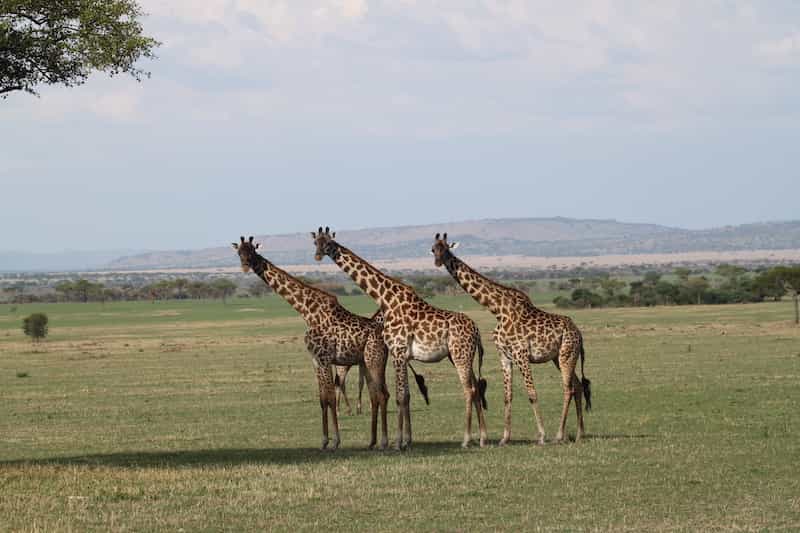

Lake Manyara is an often-overlooked gem of a place, full of fabulous bird life and a large elephant population.
The soda lake, located on the floor of the rift valley and next to a dramatic escarpment, attracts flamingos and pelicans as well as other waterfowl. There are several different species of hornbills in residence as well as kingfishers, the strange looking hamerkop and more.
The park is also home to vervet monkey, olive baboon, giraffe, hippo, African buffalo, bushbuck, impala and a healthy population of lion among others. There are varied eco-systems to explore including groundwater forest, acacia woodland and a hot spring.
As the largest tropical lake in the world, Lake Victoria captivates with its vast waters and cultural allure.
Mwanza, known as the ‘’Rock City’’, serves as a bustling gateway to this aquatic wonderland, offering a blend of urban charm and natural beauty. Ideal for starting a safari to the Serengeti, Mwanza provides easy access to Tanzania’s renowned wilderness.
On the lakes southwest corner likes Rubondo Island, a pristine sanctuary teeming with diverse wildlife. From elephants to chimpanzees and rare bird species, Rubondo Island Natural Park invites adventurers to explore its untouched landscapes and immerse themselves in Lake Victoria’s untamed beauty.
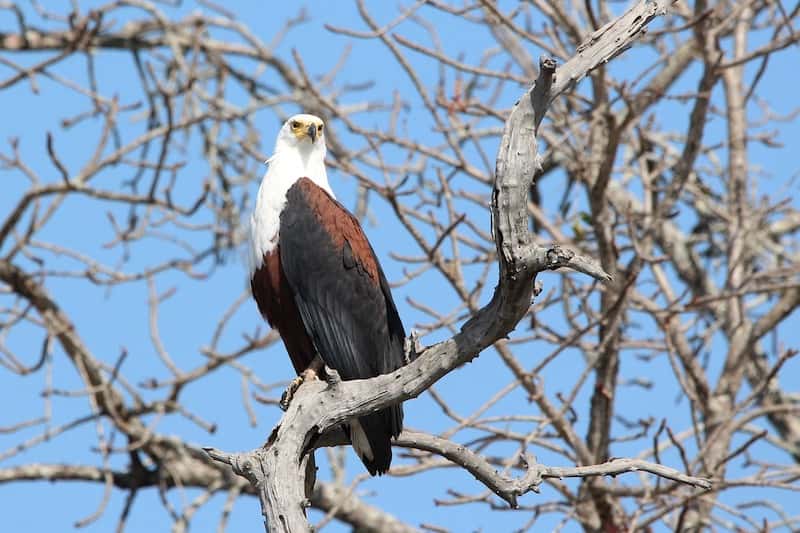
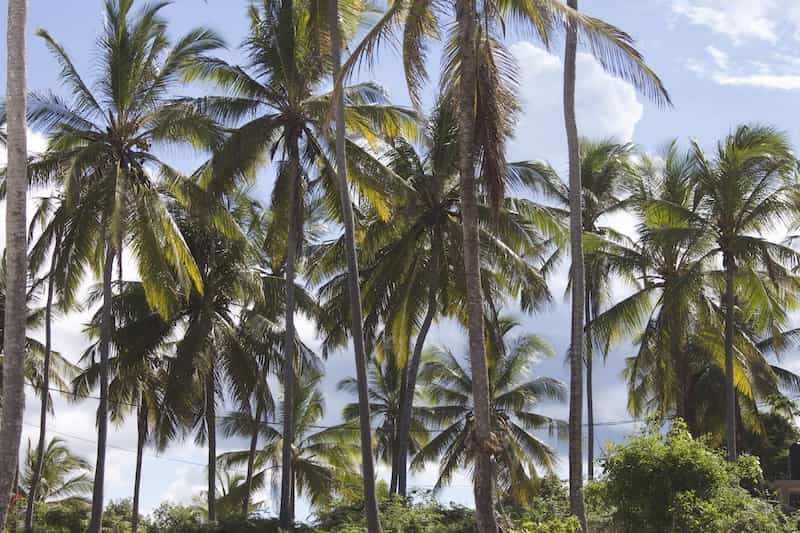
Known as the Spice Island, Zanzibar is an archipelago of islands comprising Ujunga, Pemba and several other smaller islands.
This tropical paradise is steeped in rich history. Enter Stone Town and step back in time to a thousand and one Arabian nights. Explore the historical monuments to visit and collect unique souvenirs in this shopper’s paradise.
While on other areas of the island there is plenty to do including fishing, sailing, snorkelling, open sea diving, swimming with dolphins or just relaxing on the white sandy beaches. Visitors can also visit a forest reserve home to the protected red colobus monkey and a mangrove forest or take a spice tour.